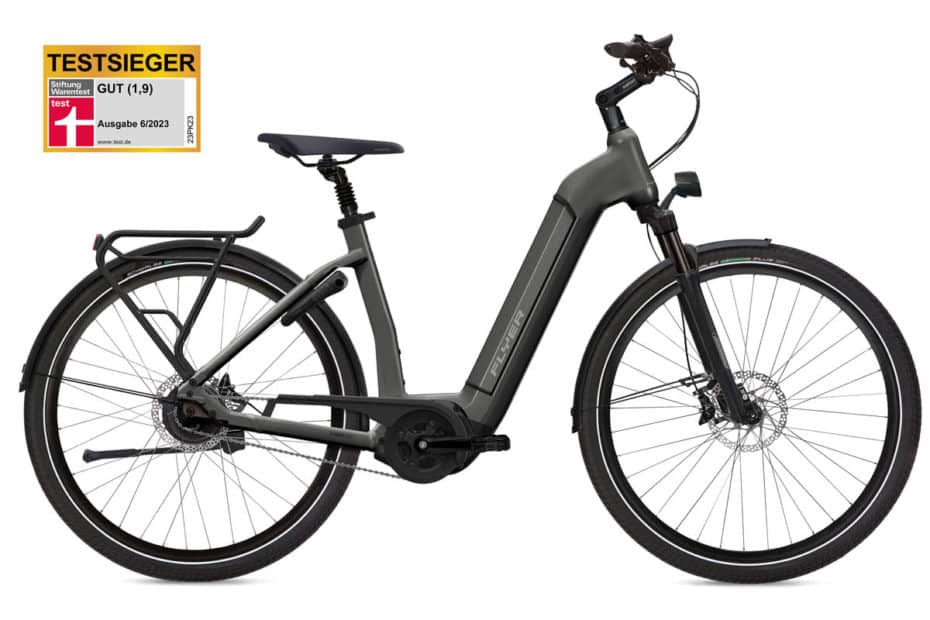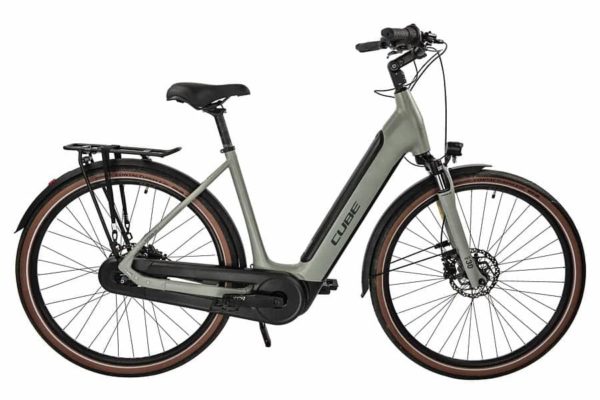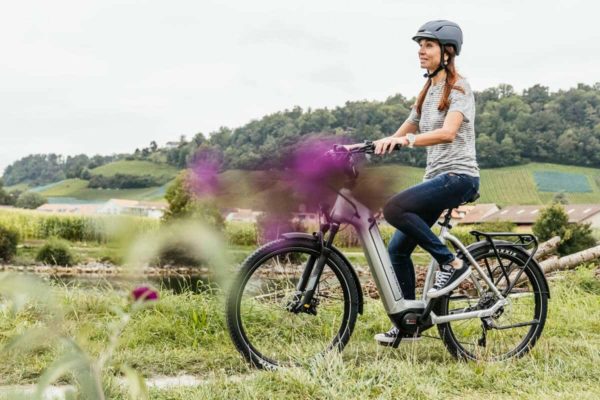As one of the most respected German authorities when it comes to assessing the quality of products, Stiftung Warentest has also been testing ebikes for many years. The independent consumer organisation has just taken a closer look at a total of eleven currently available city ebikes. In the end, the Flyer Gotour6 in the 3.40 version received the award as test winner.
During the ebike boom that began more than ten years ago, city ebikes were among the first bicycle types to receive a motor for support. There were two reasons for this, among others: The noticeable demand on the part of cyclists and the conviction of the experts that this means of transport could persuade a relatively large number of people to switch from cars to bicycles. Both reasons have hardly lost their relevance over the years, which is why the city ebike continues to meet with great interest.
General conditions regarding the testing
Considering such preconditions, the decision of Stiftung Warentest to address this range in a test seems absolutely understandable. Especially since SUV ebikes had taken on this role last year. In order to systematically narrow down the selection, Stiftung Warentest defined a few features in advance so that models could compete against each other that were really on a par:
- frame with strongly curved down tube for particularly low entry
- mid-motor drive
- ebike system with moderate motor and battery capacities
- electric assistance up to a maximum speed of 25 km/h
- sales price of the respective manufacturer between 2,580 euros and 3,850 euros in Germany
Despite these specifications, there are of course still countless models from the respective bicycle manufacturers. From this mass, the following nine ebikes were finally selected for the test:
- Cube Supreme Hybrid One 500
- Fischer Cita 5.0i
- Flyer Gotour6 3.40
- Hercules Roberta Deluxe I-F8
- Kalkhoff Image 3.B Move
- KTM Macina City A510
- Pegasus Solero Evo 8F
- Stevens E-Courier PT5 Forma
- Victoria eTrekking 11.3
Two drive concepts in comparison
As a kind of corrective, the consumer organisation included two additional bicycles in the test. Both differed from the rest of the field of participants by their price of 1,100 euros each and the front motor installed.
- Zündapp Z517
- Telefunken Multitalent RC840
In the end, it became apparent that the lower price as well as the different technical approach in this combination lead to a riding experience that fell far short of that of the other test bikes. One of the two models failed the test completely with a grade E, while the other was only conditionally recommended by Stiftung Warentest.
Reasons for the Triumph
Sometimes the price is indeed an indication of excellent quality. The Gotour6 3.40 underlined this with its test win. As the most expensive of the bikes tested, the experts at Stiftung Warentest gave it an overall grade of 1.9 as the only model, putting it well ahead of the other bikes mentioned.
According to Flyer, the Gotour6 was able to impress with its stable handling, which is also evident when fully loaded. The 5-speed Shimano hub gears installed on the model are specially designed for such high loads. It is part of the convincing equipment, which is reflected among other things in the quiet Active Line motor from Bosch and the powerful lighting system from Flyer. While riding, the comfortable low-step bike for everyday use and leisure proved to be controllable at all times. In terms of suitability for everyday use, the judges were impressed by the charger with its charging current of four amps. The three hours it only takes to fully charge the 500 watt-hour Bosch battery ensure that there is more time for other things in everyday life.
Pictures: Flyer AG; Pending System GmbH & Co. KG; Cartrend GmbH; Hercules GmbH; Kalkhoff Werke GmbH; KTM Fahrrad GmbH; eurorad Deutschland GmbH; Stevens Vertriebs GmbH; Karcher AG; Hermann Hartje KG; Zündapp Vertriebsgesellschaft mbH.












